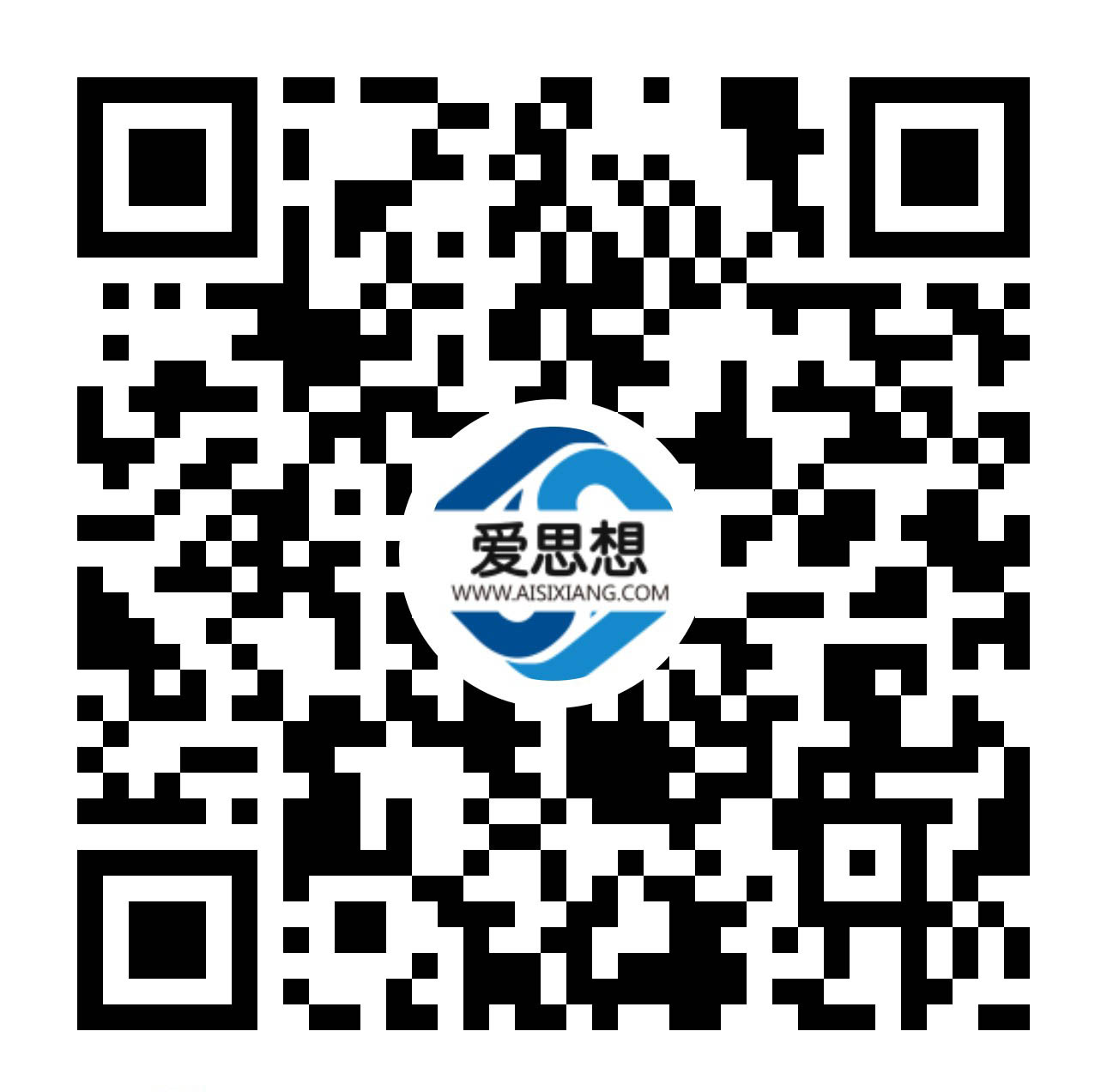自2008年奥运在北京举办以来,中国的分析人士就一直在争论中国是否应该担负起更多的国际责任。两种观点截然相反的思想派别也随之浮出水面。
一方面,越来越多的评论家开始质疑中国奉行了数十年之久的外交政策原则,这一原则最初是由邓小平提出,用于强调在世界舞台上保持一个低姿态的重要性。这批分析人士称,国家需要在国际事务中表现得更加大胆和自信,这种行为方式才符合中国作为一个世界强国的新身份。
另一方面则是来自中国主流的声音,他们称,国际社会要求中国承担更多的国际责任只不过是西方国家的一个阴谋,打算通过强加给中国更多的国际责任来耗尽我们的经济资源。这种观点的例证便是自冷战结束以来,中国驻联合国代表常常放弃在联合国安理会的表决权。
只有少数思考者认为中国有必要担负起更多的国际责任,我坚定地站在这第一阵营里面。如果中国想要重新获得世界强国的地位,那么它就必须表现得像一个世界大国。
我们这群思考者从中国古代哲学中汲取灵感,中国古代哲学将实际能力和道德都看作是构筑强劲持久的全球领导力所需具备的必要条件。为了让自己成为一个逐渐崛起的大国,并且还能受到世界上其他国家的欢迎,中国应该充当一个仁慈的权威(汉语里表示为"王"),肩负起更多的国际责任,以提升它的战略信誉度。
力争变得更加自信的观念似乎就是要扩大影响力。仅在几年以前,几乎都没有中国学者敢去挑战不干涉不侵犯别国主权的原则。然而,在最近这段时间里,关于这个问题的辩论也越来越多起来。学术界和政策社群都在就热点问题进行争辩,其中的争论焦点包括对朝鲜实施制裁,在利比亚设立禁飞区以及政府对2009年发生在缅甸的攻击华裔事件所作出的适当回应。
有关中国在国际上角色定位的新一轮辩论与其政策的改变不谋而合。
在日本遭受强烈地震之后不久,国务院总理温家宝就向日本政府和人民表达了深切的同情和慰问。中国救援队迅速组织起来,奔赴灾区帮助开展恢复过程,中国红十字会也向日本捐献了善款。甚至连中国国防部长梁光烈都公开表示有可能为日本提供军事救援方面的帮助。中国媒体也以赞赏的态度大量报道身处大灾之中的日本民众所展现出来的文明举止。
中国对于利比亚危机的反应则是一个更为明显的例子。在今年2月26日,中国驻联合国代表很快就为联合国对卡扎菲政府实施制裁的提案投了赞成票。尽管中国就对利比亚采取军事行动这一提案在联合国投了弃权票,回复到了它的正常姿态;不过,中国对制裁给予支持表明了它也反对利比亚政府针对人民要求卡扎菲下台而动用严厉的军事手段。
此外,中国还首次派遣了一艘军舰和四架军用飞机赴利比亚撤离中国公民。今年2月22日到3月5日,中国从其他十二个国家总共撤出了35860名本国公民以及2100名外籍人员。
很明显,中国对利比亚的政策表示出它打算放弃“韬光养晦”的原则。派遣军事力量赶赴利比亚撤离人员意味着中国已经学会了如何来改善它的国际形象。即使是那些认为我们应该继续保持低姿态的中国人也不反对向利比亚派遣军事力量。中国政府似乎认识到,国际责任主要是以对国际危机的政治反应来界定的,尤其是在安全问题方面,而不仅仅是为穷国提供经济援助。
在二十世纪的大部分时间里,中国的马克思主义者和自由主义者都将目光投向西方寻找灵感。诸如国家主权这样的西方价值观也已被采纳,成为了政府话语的一个部分,这是因为中国需要在免受外来列强欺负的情况下增强国家实力。不过,如今有越来越多的人认可这样一个事实,那就是中国必须在国际事务中施加积极的影响。
当然,有几项因素可以解释中国为何从专注于自身事务沉迷于国家主权转变成为一个具有影响力的国际角色,其中一项尤为重要的因素便是中国持续增长的经济实力。另一方面,中国传统价值观也帮助中国的领导人弄清楚了国际责任方面新的重点,并且以合符道德的方式引导制定中国的相关政策。有证据可以用来支持这一种分析论点--当马克思的画像从天安门广场移走多年之后,在那块地方又竖立起了孔子的雕像。
作者简介:阎学通是清华大学当代国际关系研究院院长及政治学教授,他也是《古代中国思想与当代中国力量》(Ancient Chinese Thought, Modern Chinese Power,最近已由美国普林斯顿大学出版社出版发行)一书的作者。
英文原文:
NYT,March 31, 2011
How Assertive Should a Great Power Be
By YAN XUETONG
BEIJING — Since the 2008 Olympic Games in Beijing, Chinese analysts have been debating whether China should take on more international responsibility. Two opposite schools of thought have emerged within China.
On the one hand, a growing chorus of critics question China’s decades-old foreign policy doctrine, first put forth by Deng Xiaoping, that stresses the importance of keeping a low profile on the world stage. These analysts say the nation needs to be more bold and assertive in international affairs in a way that matches China’s newfound status as a major world power.
On the other hand is the Chinese mainstream, which says that the international calls for China to take on more international responsibilities is a conspiracy by Western countries intended to exhaust our economic resources by saddling it with more obligations abroad. An example of this philosophy is the fact that since the Cold War ended the Chinese representative to the United Nations often abstains from voting at the U.N. Security Council.
I’m firmly in the first camp, the minority of thinkers who think it is necessary for China to take on more responsibilities abroad. If China wants to regain its historical status as a great world power, it must act like a great world power.
Our group of thinkers draws inspiration from ancient Chinese philosophy, which regards both material capability and morality as necessary conditions for building strong and durable global leadership. For the sake of making itself a rising power that is welcomed by the rest of the world, China should act as a humane authority (wang in Chinese) and take on more international responsibilities to improve its strategic credibility.
The idea for a more assertive role appears to be gaining influence. A few years ago, almost no Chinese scholar challenged the principle of nonintervention, of infringing on the sovereignty of other nations. Recently there are more and more debates on this issue. Both the academic and the policy community debated sanctions on North Korea, the no-fly zone in Libya, and the proper government response to the 2009 attacks on ethnic Chinese in Myanmar.
The new debate on China’s international role has coincided with changes in policy.
Soon after Japan’s devastating earthquake, Chinese Prime Minister Wen Jiabao expressed deep sympathy and solicitude to the Japanese government and the people. Chinese rescue teams were mobilized and sent to help with the recovery process, and the Chinese Red Cross donated funds to Japan. Even Chinese Defense Minister Liang Guanglie publicly offered possible military rescue help. The Chinese media has been flooded with sympathetic accounts of Japanese civility in the midst of disasters.
China’s response to the Libya crisis is an even more striking example. On Feb. 26, the Chinese representative to the United Unions quickly voted for the U.N. sanctions against the Qaddafi government. Although China reverted to its normal posture by abstaining from the U.N. vote on taking military action against Libya, the endorsement of sanctions showed opposition to the Libyan government’s harsh military response to the people’s request that Qaddafi step down.
Moreover, for the first time China dispatched a warship and four military aircraft to evacuate Chinese citizens from Libya. From Feb. 22 to March 5, China evacuated 35,860 nationals and 2,100 foreigners from 12 other countries.
China’s policy on Libya is clearly a break from the principle of keeping-low-profile. Sending military forces to Libya for evacuation implied that China has learned how to improve its international image. Even those Chinese who think we should continue to keep a low profile did not oppose sending military forces to Libya. It seems the Chinese government learned that international responsibility is mainly defined by political responses to international crises, especially security issues, rather than simply economic aid to poor countries.
For much of the 20th century, Chinese Marxists and liberals looked to the West for inspiration. Such Western values as state sovereignty were adopted as part of the government discourse because China had to build up its domestic power free from bullying by outside powers. But today, there is increased recognition of the fact that China must exercise positive influence on international affairs.
Of course, several factors explain China’s shift from a self-absorbed power obsessed with sovereignty to an influential international actor, not least of which is China’s growing economic might. But traditional Chinese values help Chinese leaders to make sense of the new emphasis on international responsibility and to channel China’s policies in morally desirable ways.
There is evidence to support this analysis. Many years after Marx’s picture was moved from Tiananmen Square, the statue of Confucius was set up there.
Yan Xuetong is professor of political science and dean of the Institute of Modern International Relations at Tsinghua University in Beijing. He is the author of “Ancient Chinese Thought, Modern Chinese Power.”
来源: 美国《国际先驱论坛报》2014年07月26日


